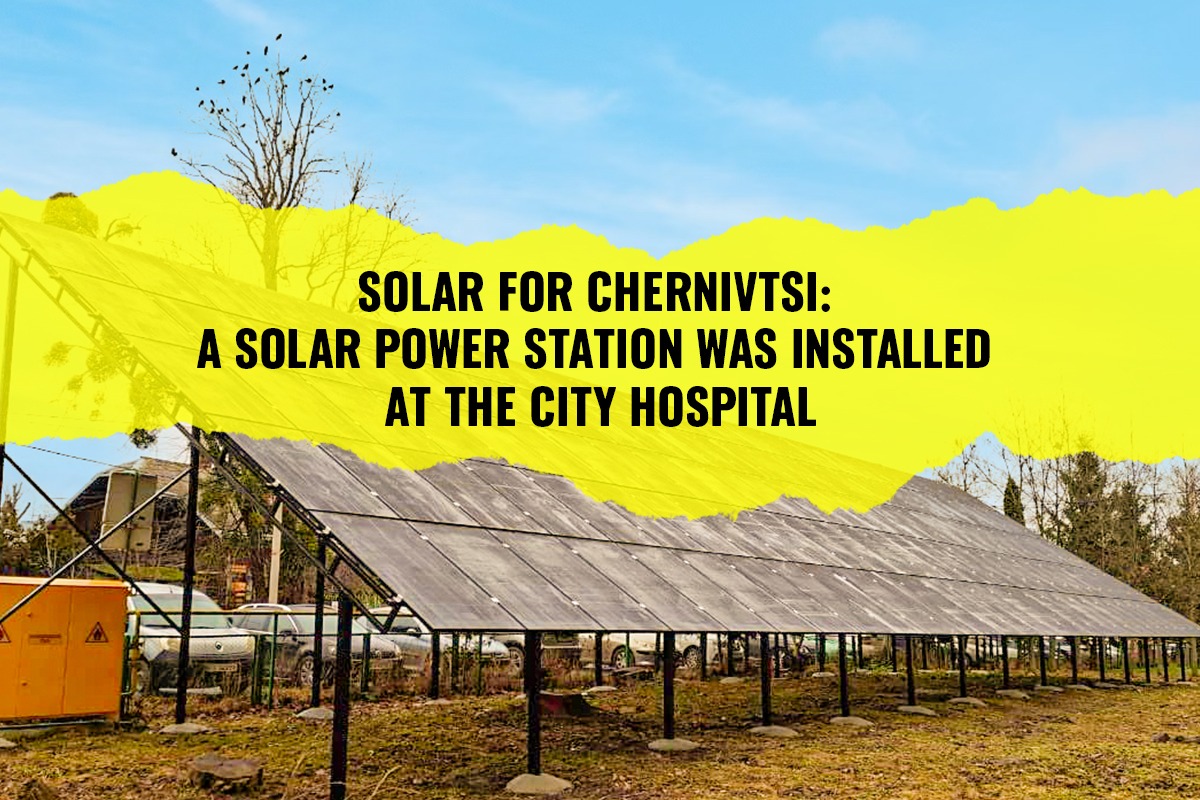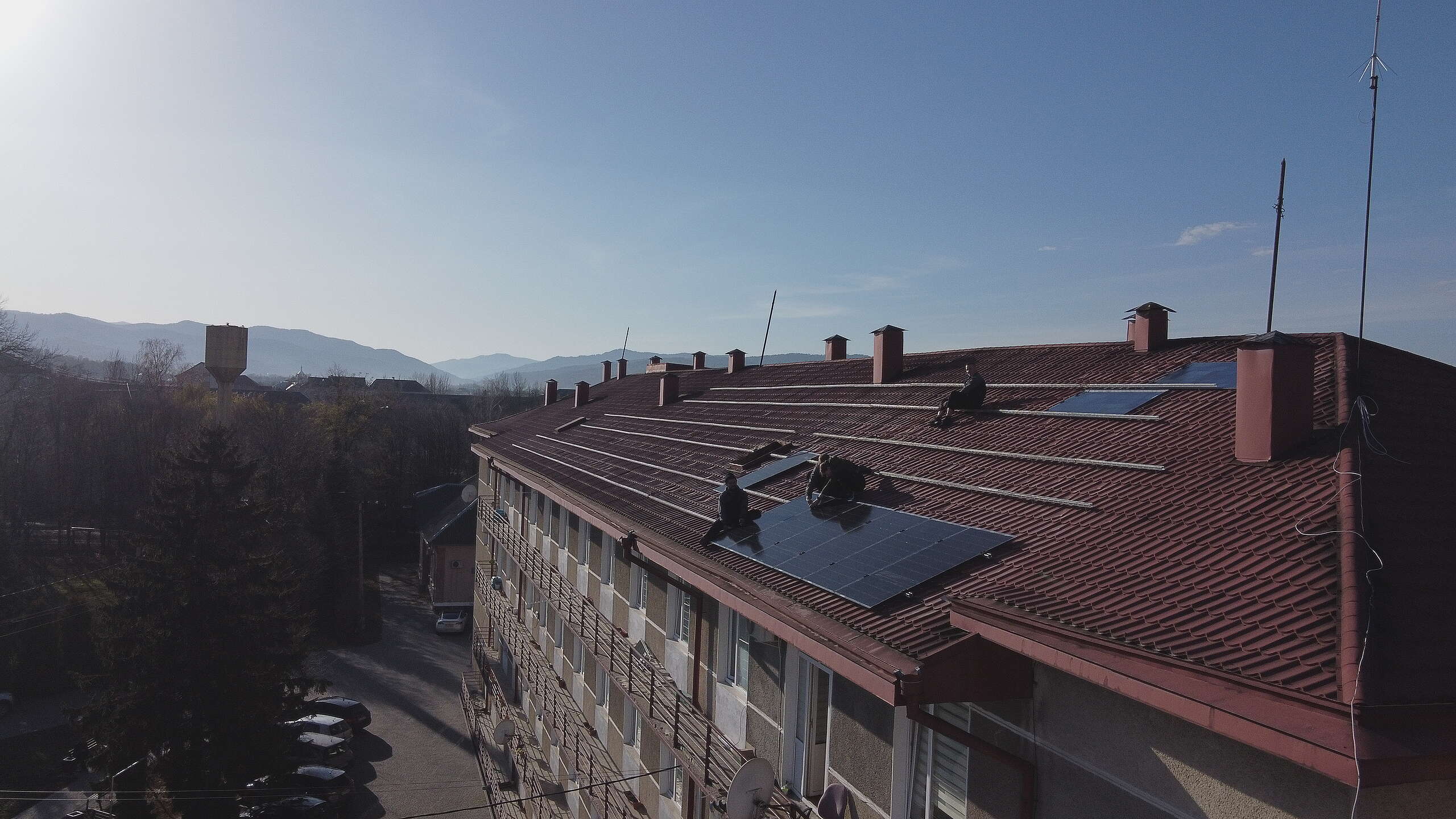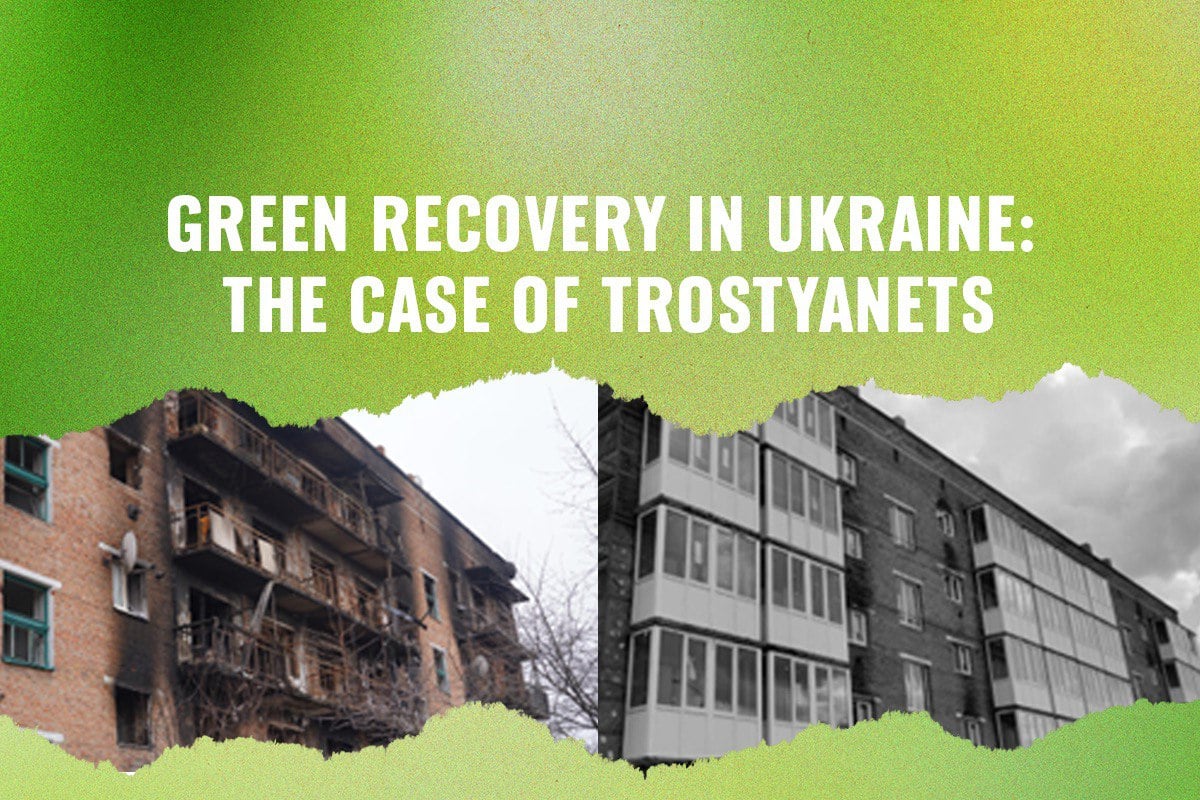Greenpeace Ukraine has called for the joint Reconstruction Investment Fund agreed with the US to focus on recycling and value-added production chains rather than raw material exports to ensure a truly green post-war recovery of Ukraine.
Recognising the importance of the agreement to Ukraine’s immediate future, Greenpeace Ukraine also cautioned that any potential environmental risks related to the deal and the extraction of raw materials must be monitored, evaluated and mitigated as a priority.
Natalia Gozak, office director of Greenpeace Ukraine, said:
“The national minerals policy of Ukraine must look beyond extraction towards long-term sustainability and a circular economy. That means this agreement and Ukraine’s national policies must prioritise the development of recycling capacities and value-added production chains over the export of raw materials. This requires proper environmental impact assessments and the use of best-available technologies. Environmental safeguards are non-negotiable!”
The recent agreement between the US and Ukraine on establishing the joint Reconstruction Investment Fund, is expected to result in the fund receiving a portion of royalty payments from new natural resource projects in Ukraine. The fund will also consider US future military assistance as a capital contribution to the fund. The environmental risks related to this agreement are not yet immediately clear and it will be crucial to monitor, evaluate and mitigate them as a priority.
Any new resource projects are expected to have long development timelines. Most of the conventional gas and oil deposits in Ukraine have already been discovered and exploited, making new discoveries unlikely. Unconventional projects, such as the extremely dirty and harmful shale gas extraction could be on the radar, though they were considered 10 years ago and most probably found to be uneconomical.Similarly, most of the country’s critical minerals deposits were investigated decades ago, so new projects would first require long and thorough research which could take many years.
Considering these estimations, Greenpeace Ukraine sees few short-term risks, however, it is important for the mid and long-term risks to be addressed comprehensively, while considering more holistic solutions for Ukraine’s reconstruction.
Firstly, the national minerals policy must look beyond extraction towards long-term sustainability and a circular economy. Ukraine should establish proper capacities in battery recycling and minerals re-use, eliminating a gap in utilization and creating resilient supply chains based on the already available source of “above-ground” critical minerals – end of life equipment.
Moreover, with the further development of renewable energy and under severe risks of electricity cut offs, the Ukrainian market requires a diverse set of energy storage solutions as well. These include storage solutions that do not require large volumes of critical minerals, e.g. gravity or heat based grid level storage systems.
Any production based on the used critical minerals should be linked to a recycling guarantee, which gives higher chances for minerals re-use but requires local capacities.
Secondly, the industrial recovery of Ukraine must serve the people — not just elites or foreign investors. This includes public participation, local communities’ consent, fair revenue-sharing, and transparency on operations, finance, beneficial ownership, human rights and social due diligence, and supply chain information. Most important is that investment should be tied to maximizing local value-added processing capacities, while minimizing the export of raw materials (or raw agriculture products).
Finally, all mining projects must have rigorous and participatory environmental and social impact assessments, while adopting best-in-class, low-impact mining and processing technologies. Companies should bear the costs of all short and long term mining impacts on communities, while upholding the UN Guiding Principles on Business and Human Rights through human rights due diligence processes.
Environmental safeguards are non-negotiable—what’s extracted should not cost the country its air, water, or biodiversity.
Civil society should closely monitor these developments and highlight the above listed approaches, which would allow a truly green recovery of Ukraine to the benefit of the entire region.
Link to Greenpeace International’s position
Link to Greenpeace International report
Media contact:
Daryna Rogachuk, Communications Manager at Greenpeace Ukraine



